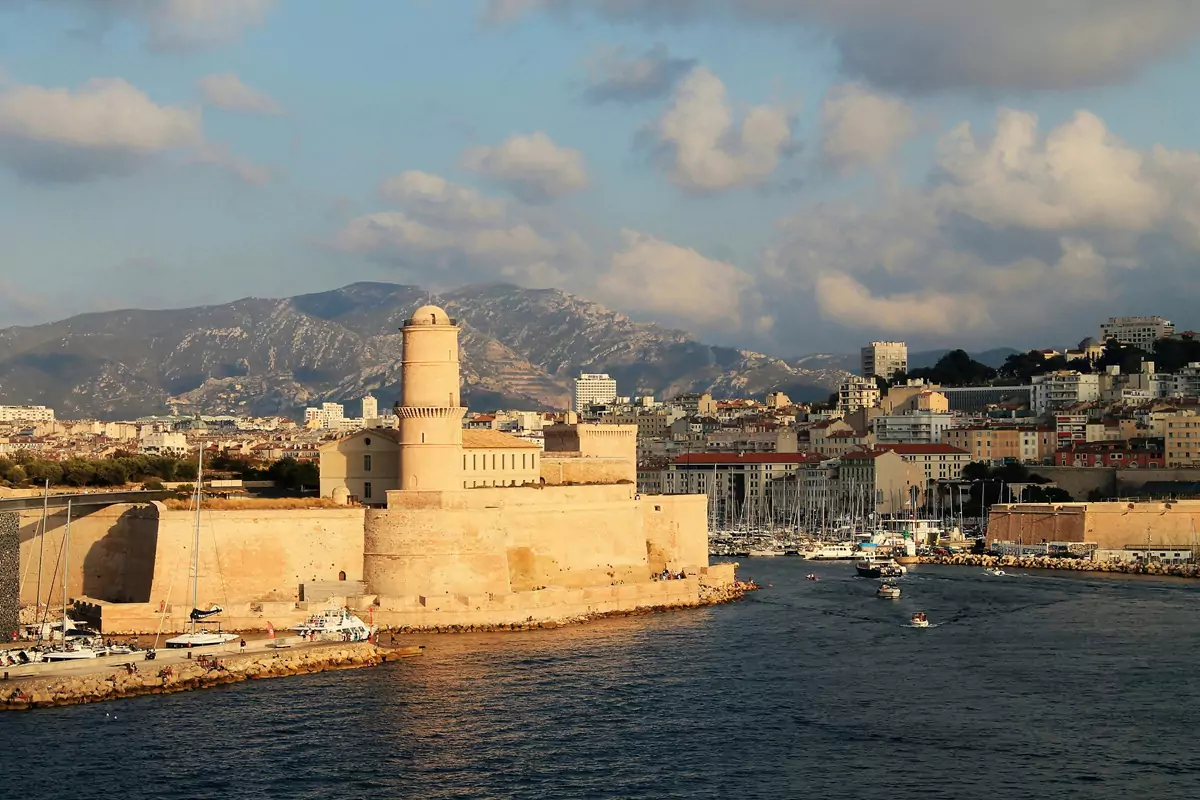In a bid to tackle the housing crisis within the city, Marseille officials are tightening regulations on short-term tourist rentals, reducing the maximum number of rental days for primary residences from 120 to 90 per year. The move aims to curb the impact of platforms like Airbnb, which the city views as a barrier to long-term housing access for residents.
The decision, announced on 17th February, mirrors similar restrictions in Paris and follows the implementation of the Le Meur law on 1st January this year. This legislation grants mayors greater authority to regulate tourist rentals, allowing municipalities to impose stricter controls on the growing number of short-term listings.
The number of short-term tourist rentals in France has exploded from 300,000 to 1.2 million in the past eight years, a trend that has reportedly destabilised the long-term rental market. The presence of Airbnb, the world’s largest platform for holiday lets and short-term rentals, is particularly significant in France, with the country serving as the company’s second-largest domestic market, featuring listings in over 29,000 cities and towns.
Officials—not just in Marseille, but in towns and cities across the country—have argued that the surge in short-term vacation rentals has saturated the long-term rental market, making it increasingly difficult for residents to find housing.
In Marseille, the newly implemented regulations come with hefty penalties: property owners who exceed the 90-day limit face a civil fine of up to €15,000.
Marseille’s mayor, Benoît Payan, took to X (formerly Twitter) to reaffirm the city’s firm stance on the matter, stating, “In Marseille, the strictest possible regulations in France! Against seasonal rental platforms and their excesses, we continue to act. So that the people of Marseille can find accommodation, we are regulating tourist rentals even more strictly.”
The tightening of rental regulations on primary residences in Marseille may eventually extend to the Alpes-Maritimes, where the 120-day limit still widely applies.
Nice has already moved to curb short-term rentals in a bid to address its own housing crisis. On 15th July, the Municipal Council of Nice voted to tighten regulations on short-term furnished rentals, citing concerns over the local housing shortage and rising property prices. Under the new rules, the number of tourist accommodation permits will be limited, with authorisations now issued annually rather than every six years and no longer automatically approved.
A city report revealed over 13,600 Airbnb-style rentals in Nice, particularly concentrated in tourist-heavy areas like the Old Town and along the Promenade des Anglais. Authorities argue that this concentration has significantly altered the character of these neighbourhoods. Deputy Mayor Anthony Borré noted that 70% of these properties are owned by investors, making it even harder for locals to access housing.
See more: Housing crisis: Nice to crack down on short-term holiday rentals
Short-term rentals that are not primary homes are also increasingly subject to stringent rules, and a law passed at the end of 2024 by the National Assembly and Senate aims to better regulate these types of rentals across France.
Property owners who wish to rent out their properties on a short-term basis must now register with their local mairie, or town hall in English, to obtain a registration number, which must be displayed in any marketing materials. Regulations also include mandatory income tax declarations for short-term rental earnings, strict fire safety requirements for properties accommodating more than 15 people, and, in some cases, requirements to convert space into long-term housing to offset short-term rental availability. Rules vary by location, and in larger cities within the Alpes-Maritimes, hosts may also need to apply for a “change of use” permit to remain compliant.
Read related:
France seeks to relive housing crisis by tightening rules on short-term rentals
Monaco Life is produced by real multi-media journalists writing original content. See more in our free newsletter, follow our Podcasts on Spotify, and check us out on Threads, Facebook, Instagram, LinkedIn and Tik Tok.
Photo credit: Arnaud Audoin, Pexels
